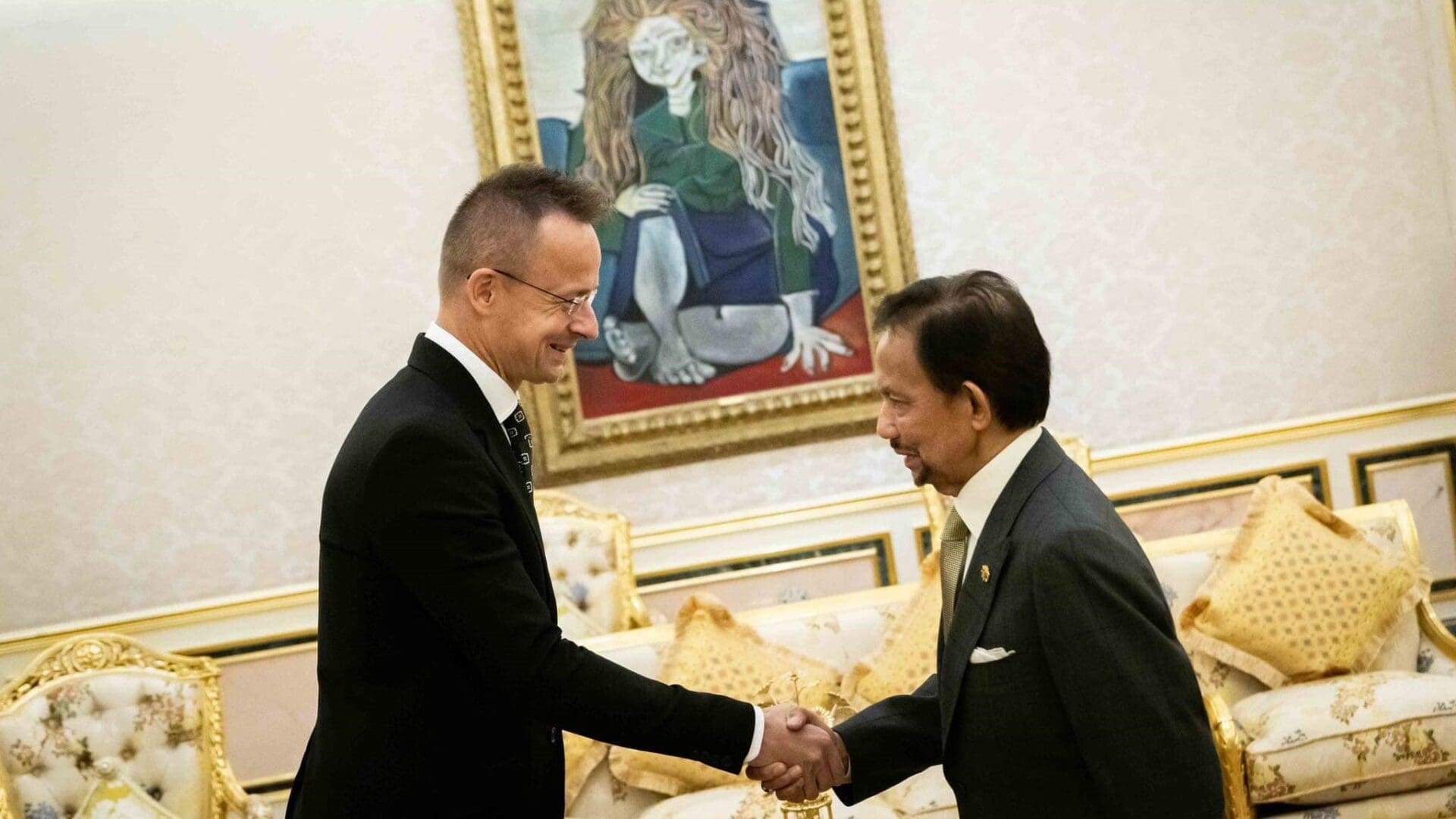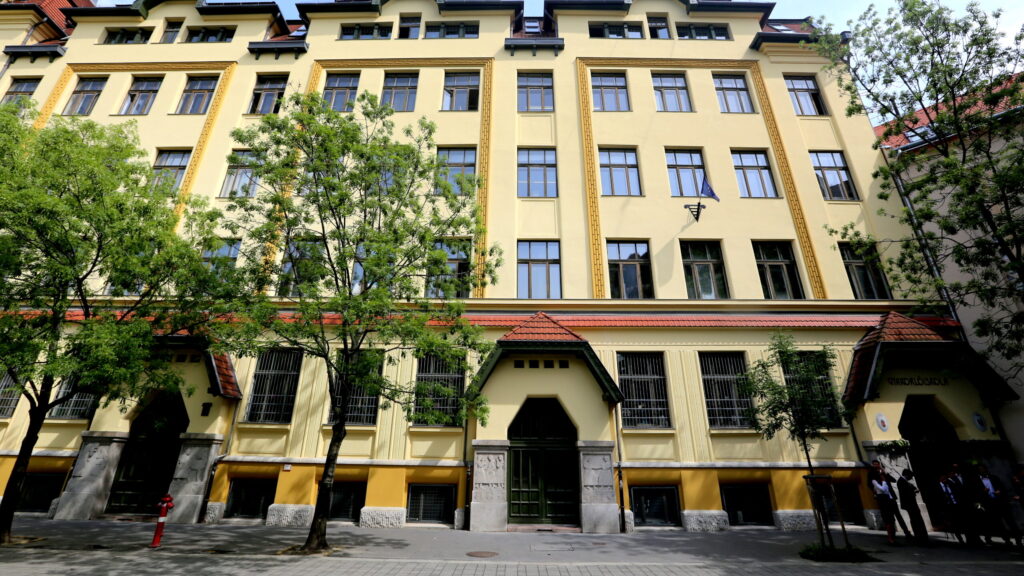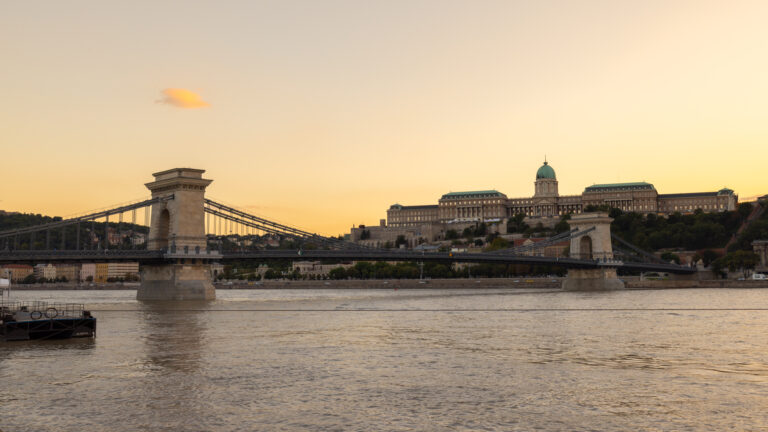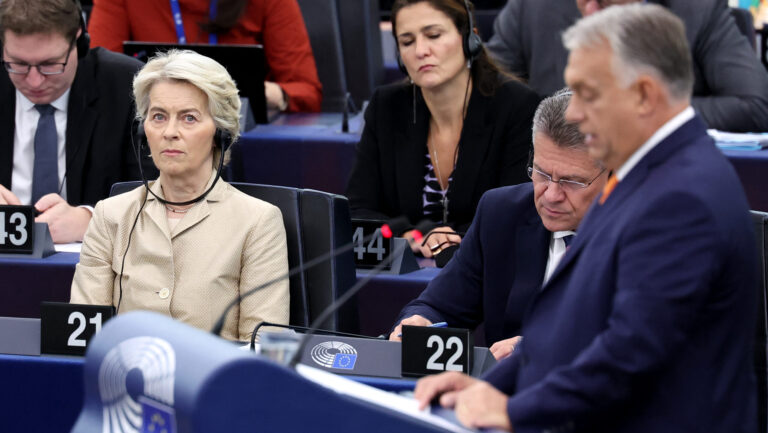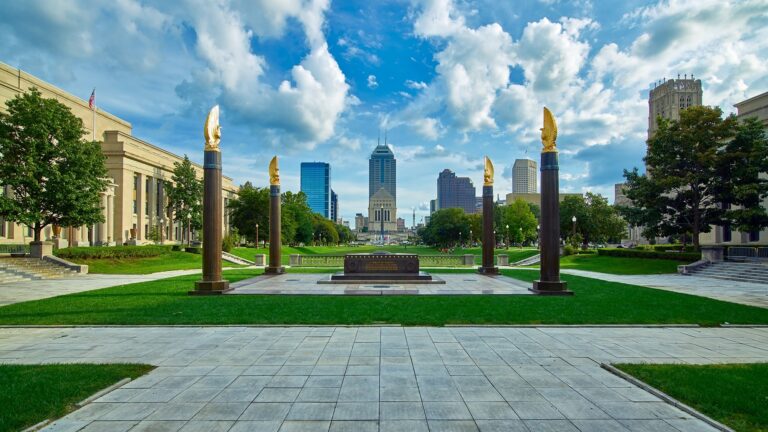The recent visit of the Hungarian Foreign Minister to Brunei underscores Hungary’s strategic intent to strengthen its relationships with burgeoning economic regions, notably the Association of Southeast Asian Nations (ASEAN). This diplomatic initiative aligns with Hungary’s broader objectives as it prepares for its upcoming presidency of the Council of the European Union. Hungary aims to catalyze enhanced economic interactions between the EU and ASEAN, which are anticipated to flourish further, during the Hungarian presidency.
On 16 May 2024 Hungarian Minister of Foreign Affairs and Trade Péter Szijjártó visited Bandar Seri Begawan, the capital of Brunei, to meet with his counterpart and Sultan of Brunei Hassanal Bolkiah. Being the first ever visit of a Hungarian Foreign Minister to Brunei, this visit has laid the foundation for elevating Hungarian–Brunei relations by initiating cooperation in the fields of energy production and education. It was announced that an agreement has been signed to enable five Bruneian students to study in Hungary on scholarships annually. Additionally, discussions have begun about sharing Hungarian technologies to develop oil production and green technologies in Brunei.
Oil production in Brunei has declined significantly, dropping from 220 thousand barrels per day in 2006 to 90 thousand barrels per day in 2023, a decrease of approximately 60 per cent over 17 years. Despite this decline, Brunei remains heavily reliant on the extraction and production of oil and its downstream products. In 2021, oil and gas sales, including their downstream products, accounted for 80 per cent of Brunei’s exports and 53.5 per cent of its GDP. In response, Brunei has implemented an ambitious National Climate Change Policy aimed at reducing industrial carbon intensity through measures like zero routine flaring and adhering to the principle of ‘As Low As Reasonably Practicable’ (ALARP).
The expertise of Hungarian energy companies, such as MOL and MVM, could be instrumental in supporting Brunei’s oil production while also facilitating the sharing of green technology. Such cooperation would not only enhance Hungary’s influence in the region but also establish strong bilateral ties, considering the crucial role of crude oil production in Brunei’s economy.
Hungary can strengthen its partnership with Brunei by supporting technological advancements in Brunei’s crude oil production industry.
The initiation of a deeper partnership with Brunei reflects Hungary’s intention to enhance its relations with the Southeast Asian region.
Hungary’s economic engagement in Southeast Asia is not a recent development, as evidenced by the figures announced by Péter Szijjártó on 2 February 2024. During his visit to Brussels, where he attended a meeting with nine Asian foreign ministers, primarily from ASEAN countries—including Retno LP Marsudi from Indonesia, Enrique Manalo from the Philippines, Parnpree Bahiddha-nukara from Thailand, Sok Chenda Sophea from Cambodia, Erywan Yusof from Brunei, and Lao Foreign Minister Saleumxay Kommasith—Szijjártó highlighted Hungary’s burgeoning economic relations with the region. Notably, Hungary recorded a trade turnover with Indonesia amounting to 280 million USD and has invested 125 million USD in Laos’s water industry and electronic public administration. Furthermore, the Hungarian Foreign Minister reaffirmed Hungary’s commitment to accelerate negotiations on Free Trade Agreements with Thailand and the Philippines, resume negotiations on the partnership and cooperation agreement, and apply the principle of most favoured nation with Cambodia during Hungary’s presidency of the Council.
Southeast Asia is an emerging economic region globally and serves as a crucial trade partner for the EU. Enhancing trade relations between the EU and the ASEAN could prove mutually beneficial.
In his speech during the meeting with the Foreign Minister and the Sultan of Brunei, the Hungarian Foreign Minister highlighted the EU’s shortcomings in focusing on facilitating trade relations, describing it as a ‘missed opportunity’ for the EU. Negotiations for the EU–ASEAN Free Trade Agreement (FTA) began in July 2007 but were paused in March 2019 after seven rounds of negotiations. Despite this, on 10 March 2017 the ASEAN Economic Ministers (AEM) and the EU Trade Commissioner agreed to initiate formal region-to-region talks to develop a framework setting the parameters for a future ASEAN–EU FTA. However, these negotiations have not yet been concluded.
Data from Eurostat reveals that in 2022, ASEAN was the EU’s third-largest trade partner, following the United States and China, with trade totalling more than 271.8 billion euros in goods and 82.4 billion euros in services. Conversely, the EU ranks as ASEAN’s third-largest trading partner after China and the US, respectively. The EU is also the second-largest investor in ASEAN, with its Foreign Direct Investment (FDI) stocks in ASEAN amounting to €350.1 billion in 2020. Although on a smaller scale, ASEAN’s investment in Europe has also been steadily and impressively growing, reaching a total stock of over €172.4 billion in 2020.
The visit of the Hungarian Foreign Minister signifies one of Hungary’s objectives during its forthcoming presidency of the Council of the EU.
Hungary is committed to fostering greater cooperation between the EU and the emerging economic regions worldwide,
with Southeast Asia being a prime focus due to the economic ascent of the ASEAN member states. The total nominal GDP of ASEAN has increased from 1.6 trillion USD in 2009 to 3.6 trillion USD in 2022. Hungary intends to prioritize expediting the negotiations to finalize the Free Trade Agreement (FTA) between the EU and ASEAN, a process that has been pending for nearly two decades. This effort is likely to be advanced through the enhancement and initiation of bilateral FTA negotiations between individual ASEAN member states and the EU, eventually culminating in an EU–ASEAN FTA Agreement.
Read more from the author:

